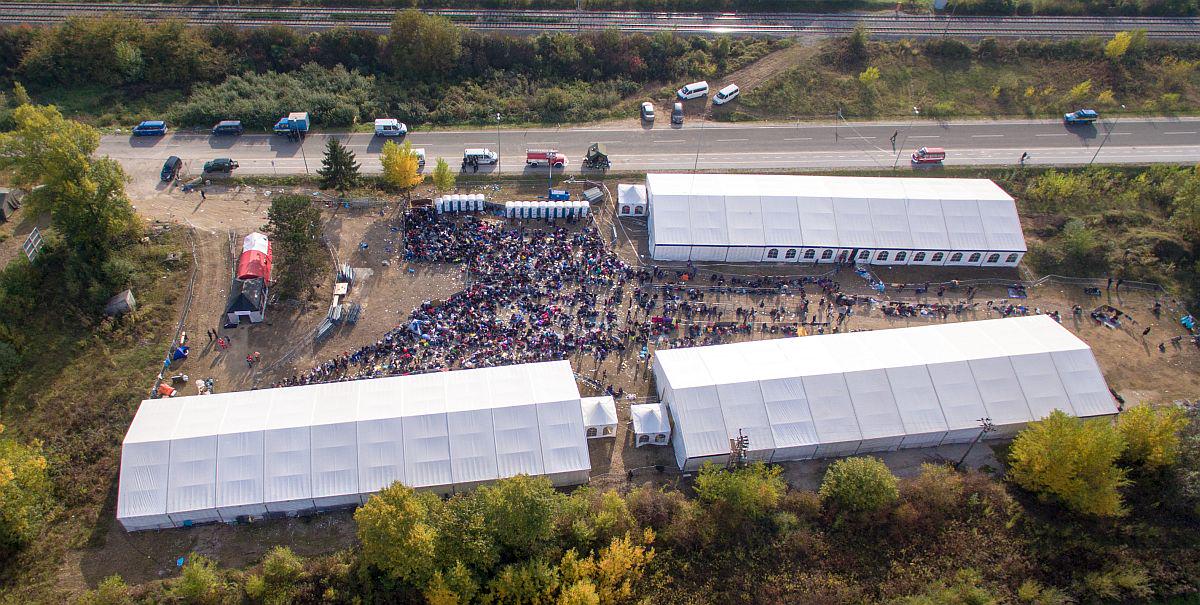
The team of the National Institute for Public Health (NIJZ) has determined that all the capacities established due to these exceptional circumstances are overburdened. Considering the circumstances within the accommodation centres during the last days, according to NIJZ the possibility for spreading of airborne and bowel infectious diseases exists; these are transmitted due to inability for basic personal hygiene care. There is the possibility of spreading of other infectious diseases among refugees, and personnel coming in contact with them.
"Spreading of contagious diseases among refugees would mean additional burden for health services, while occurrence of diseases among personnel coming in contact with refugees would considerably reduce the capacity for continuing the work," NIJZ wrote in the report. It was also established that it would be difficult to enforce conditions allowing to all persons in the field who are having contact with refugees to take the necessary steps for protection against infection. NIJZ intends, in cooperation with the Police, the Civil Protection, the Red Cross and other non-governmental organisations, to raise the awareness of the employees and volunteers, and instruct them in proper actions in order to protect themselves from infection in the most efficient manner. According to findings of NIJZ, there is no risk for health of the residents of Slovenia.
What kind of diseases are spreading among refugees?
NIJZ claims that the epidemiologic service is working 24 hours per day, tracking contagious diseases and the development on global scale, through the national contact point of the World Health Organisation, and all over Slovenia. Doctors are obliged by the Contagious Disease Act to report every contagious disease to NIJZ.
According to their data, among refugees in Slovenia tuberculosis and hepatitis A have been detected; the latter was confirmed by laboratory tests only after the patient had left Slovenia. No substantial outbreaks of infectious diseases have been reported by those countries most of refugees had travelled through. Some known diseases which however stopped occurring in our country have been detected - acute bowel infections, hepatitis A, typhus, several types of viral cold disease, tuberculosis, and skin diseases, e.g. scabies and lice infestations.
Health service in charge of refugees is paying special attention to detection of measles, poliomyelitis, meningococcal disease, hepatitis, bowel infections, and tuberculosis, as these are the illnesses still present in some of the countries the refugees come from. "We will keep updating the public of the situation regarding contagious diseases in Slovenia on the NIJZ website. In case of serious risk, the public will be informed in other manner as well," representatives of NIJZ assured.

































































